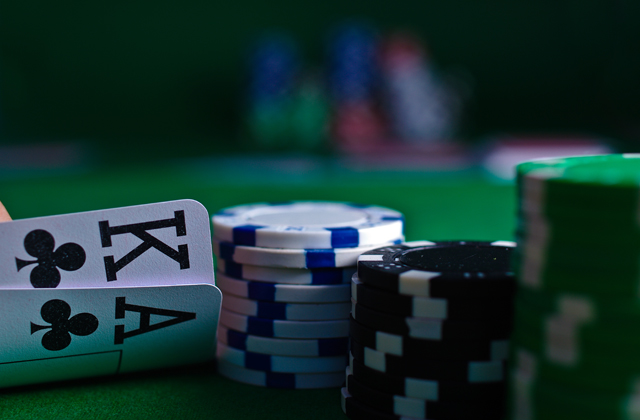5 Benefits Of Playing Poker As A Hobby
Estimates of how many people play poker worldwide vary, but the number of players are usually placed at well over a hundred million.
For most folks, of course, it’s just a game or hobby. For others, it is a way to make a living or earn extra income, but there’s a much wider demographic of players who just wish to have some fun with their friends. That hobby, just as with many other hobbies, actually has a lot to teach those who pay close attention.

Here are some of the life lessons poker holds for the observant.
1. Learning there’s No Such Thing as an Endless Winning Streak
If you haven’t learned a bit of humility before you play a game of poker, get ready to learn some. Life is to some extent a result of chance, or luck, from the moment of conception till the end of the road. Poker has a way of constantly reminding us, in short, sharp bursts, just how true this is — a hand that’s almost certain to win could turn to nothing with a river card. It is also true that, over many games skill will ultimately trump luck, and as poker champ and psychologist writer Maria Konnikova notes, this is true of life in general.
2. Learning to Manage Capital Investments
Prudence, care, gumption. A good investor is aiming for these wherever possible. On some of the basics and even some of the subtleties, poker is sometimes said to teach advice that’s helpful to investors. There are in fact some trading tips that line up quite neatly with the kind of practices acquired from poker. For example, starting off with a small bet is similar to the best practice of making savvy investments as an investor-in-training, as is not going in too gung ho even when all signs seem to point to success.
3. Learning From Your Mistakes
Failing fast has become a popular concept in business and software for a reason. Iterating is a great way to learn and refine a process, rather than trying to be perfect right out of the gate. Considered to be a valuable tip for getting better at poker, the idea of learning from your mistakes has plenty of real-world applications. Getting in the habit of learning from mistakes in a controlled environment like a poker session
4. Learning When to Cut Your Losses
Seasoned poker players have a higher immunity to the sunk cost fallacy. What’s that? Well, in poker it’s when you’ve already bet a lot on a hand and continue to take on more risk because you ‘might as well.’ Another example would be staying in the movie theater even though the film turned out to be a real stinker. While no one is completely immune to the fallacy, learning the hard way to observe yourself and trying to avoid falling for it while playing rounds of poker is a useful bit of mindful practice.
5. Learning Patience
Finally, this one is pretty straightforward. Poker games can go on for hours, and making a series of rash decisions will nearly always result in you being punished for it. Life is the same; patience really is a virtue, and whilst there are times to act impulsively, by and large, they’re far fewer in number than the times you should show some calm.
There are many things to be learned from this classic game. Some of them can even be a little painful, but if you learn them in a relatively low-stakes environment, they can be invaluable to take with you into the decisions you make every day, from the trivial to the life changing.
